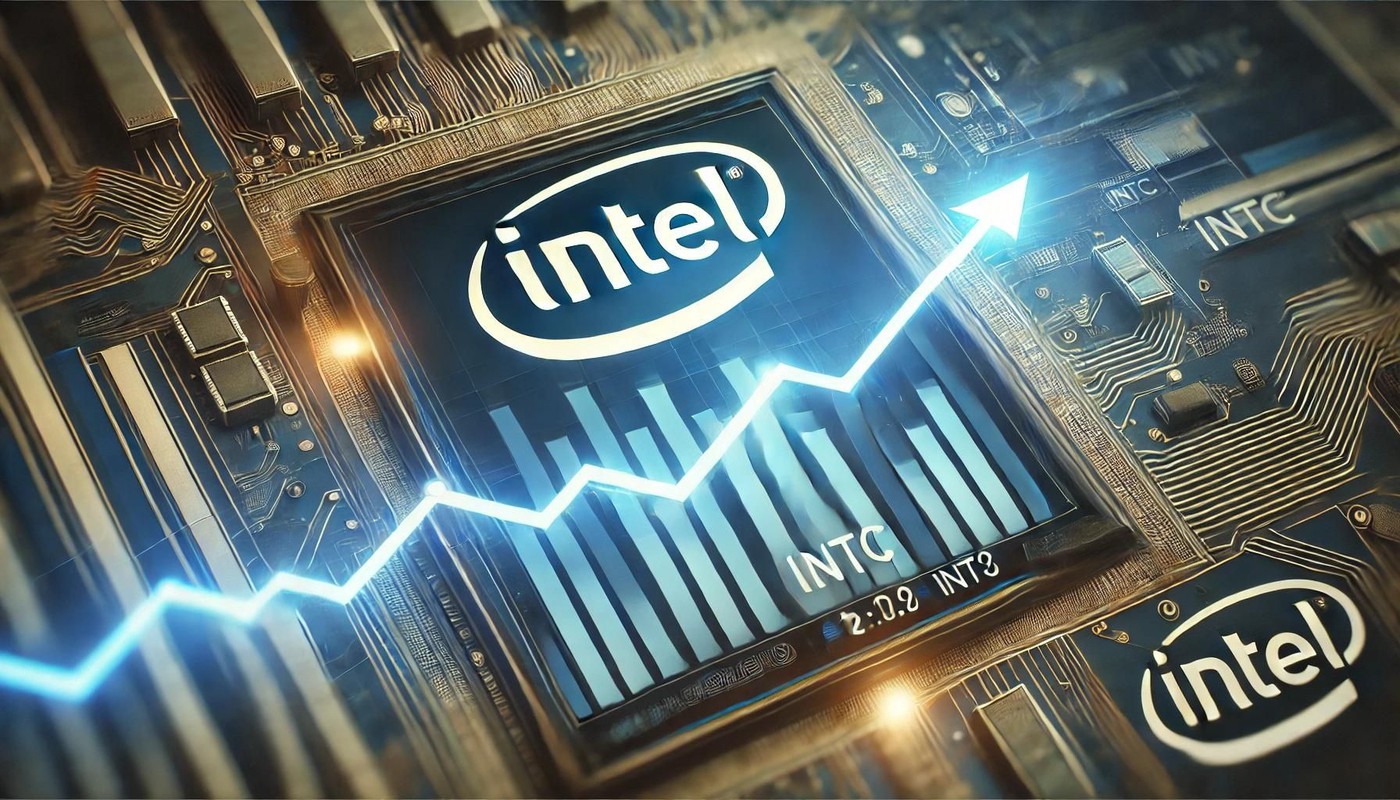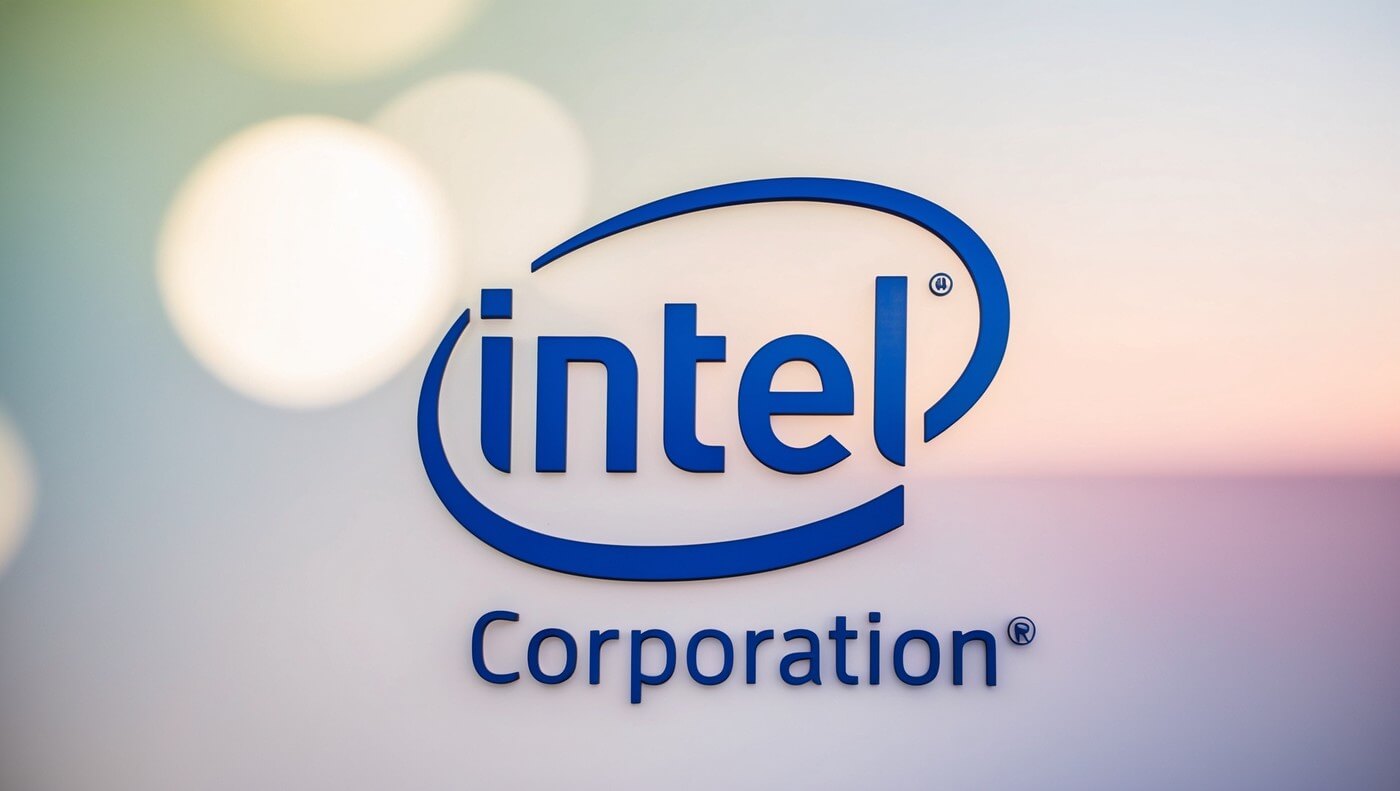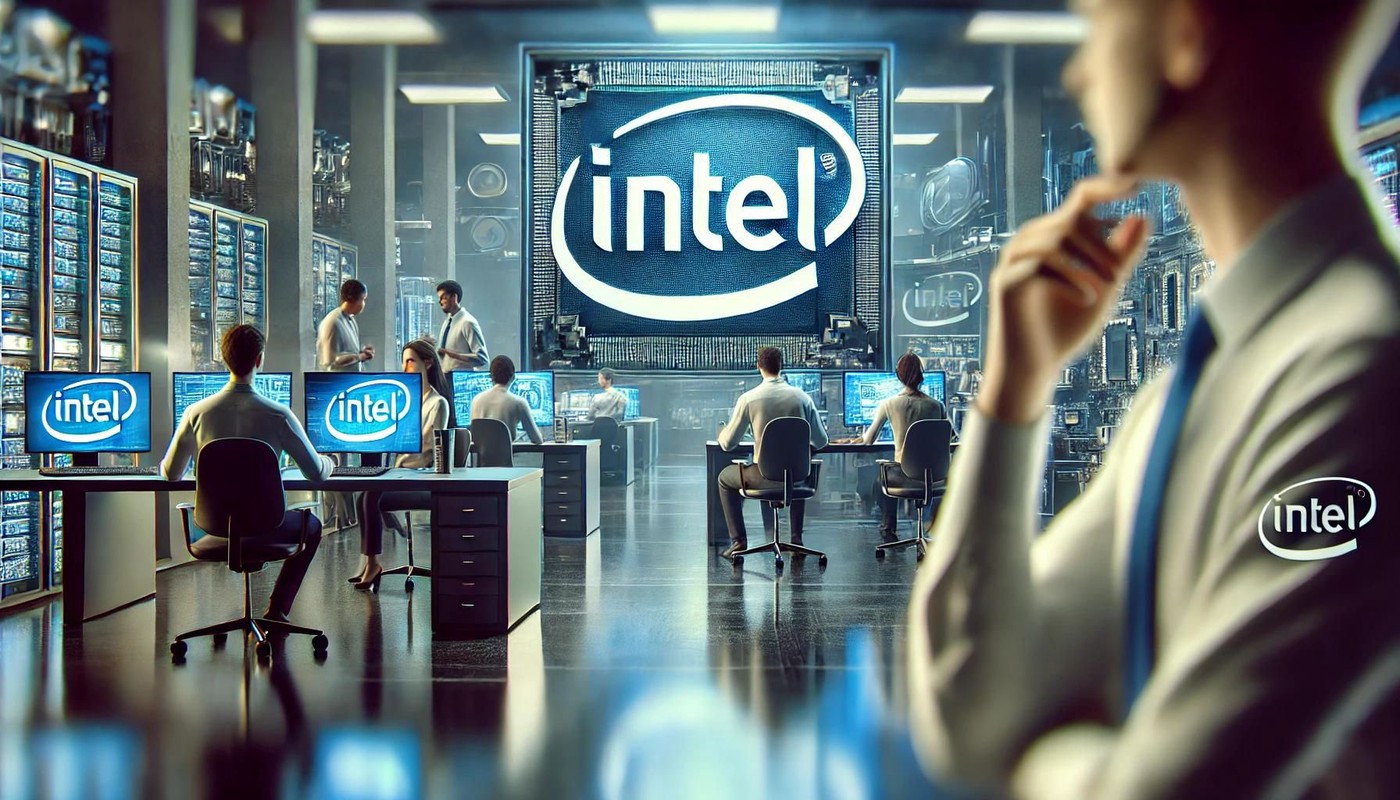Intel Corporation, a leading global semiconductor manufacturer, has experienced a significant 26% decline in its stock value as the company struggles with a complex turnaround strategy. The recent earnings report highlighted the challenges Intel faces in regaining its competitive edge in the rapidly evolving technology sector.
Financial Performance and Market Reaction
The drop in Intel's shares followed the release of its quarterly earnings report, which fell short of analysts' expectations. The company reported revenue of $14.2 billion, a 12% decrease compared to the previous year. This decline reflects ongoing challenges in its core markets and increased competition from industry rivals like AMD and NVIDIA.
Investors reacted negatively to the earnings announcement, leading to a substantial sell-off in Intel's stock. The company's market capitalization took a hit as concerns about its ability to execute a successful turnaround strategy intensified.
Challenges in the Semiconductor Industry
Intel's struggles are partly attributed to the competitive landscape of the semiconductor industry. The company has faced difficulties in transitioning to advanced manufacturing processes, causing delays in product launches and impacting its market share. Additionally, Intel's rivals have capitalized on its setbacks, gaining traction with innovative products and capturing key market segments.
The global semiconductor shortage has further exacerbated Intel's challenges, affecting its supply chain and production capabilities. As the industry grapples with increasing demand for chips across various sectors, Intel must address these supply chain disruptions to regain its footing.
Intel's Turnaround Strategy
To combat these challenges, Intel has embarked on an ambitious turnaround plan focused on innovation and strategic investments. The company's CEO, Pat Gelsinger, has emphasized the importance of revitalizing Intel's manufacturing capabilities and expanding its presence in new markets.

Key components of Intel's strategy include:
-
Investing in Manufacturing: Intel plans to enhance its manufacturing capabilities by building new fabs and upgrading existing facilities. This investment aims to improve production efficiency and ensure a steady supply of advanced chips.
-
Expanding Product Portfolio: The company is diversifying its product offerings by developing cutting-edge technologies in areas such as artificial intelligence, autonomous vehicles, and data centers.
-
Strategic Partnerships: Intel is forming strategic alliances with industry leaders to accelerate innovation and gain access to emerging technologies.
Outlook and Future Prospects
Despite the current challenges, Intel remains committed to its long-term vision of regaining its leadership position in the semiconductor industry. The company aims to deliver innovative products and solutions that address the evolving needs of its customers.
Industry analysts are closely monitoring Intel's progress as it implements its turnaround strategy. While the road ahead may be challenging, Intel's efforts to invest in technology and innovation could yield positive results in the coming years.















